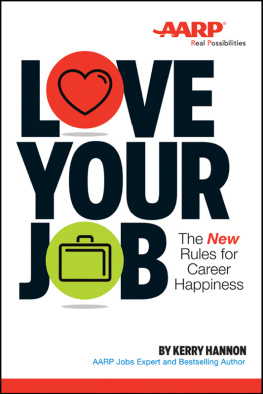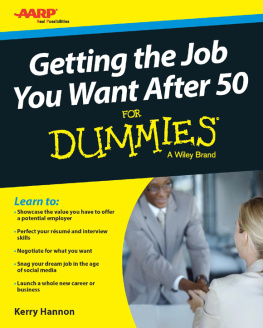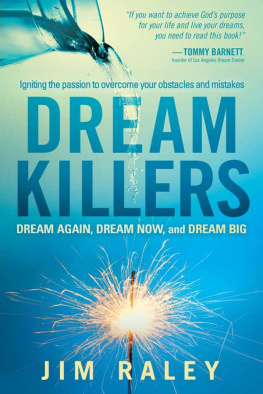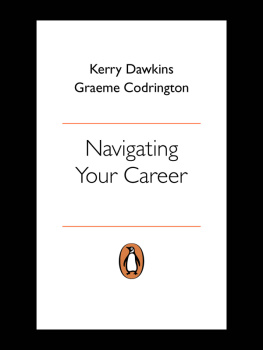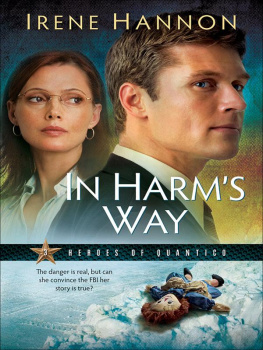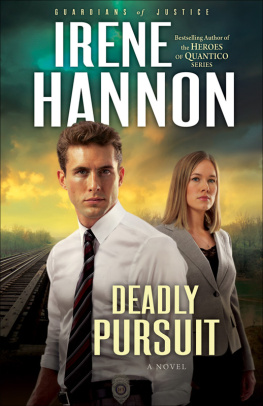WHATS NEXT?
WHATS NEXT?
Follow Your Passion and Find Your Dream Job
KERRY HANNON

TO MY SISTER, PAT BONNEY, AND
MY HUSBAND, CLIFF, WITH GRATITUDE
FOREWORD
When I met the late John Gardner in 1995, he was in his eighties, and going strong. Although hardly a household name today, Gardner had served with distinction as Secretary of Health, Education, and Welfare during Lyndon Johnsons administration. He created the prestigious White House Fellows program. He founded Common Cause, the first significant campaign finance reform organization, and Independent Sector, a forum that provides a voice for the nonprofit world. A few years later he would help launch Civic Ventures and Experience Corps in order to mobilize others in their second half of life to create a better world. There were many other ventures in between, along with a string of influential books on leadership, community, and self-renewal.
What I did not realize at the time is that he achieved all this after the age of fifty. For Gardner, the gold watch turned out to be a launch padthe beginning of a new chapter that comprised his most significant achievements.
He is hardly the only person to claim such a trajectory. There are many other high-flyers who have gone from success to even greater significance. Former United States President Jimmy Carter created a more enduring legacy after his presidency. Al Gores encore career earned him the Nobel Peace Prize. And when Bill Gates departed Microsoft he emphasized that he wasnt retiring. In his words, he was reordering priorities, concentrating on the most important challenges he could imagineending poverty, curing disease, educating all.
As examples of these vaunted second acts proliferate, Kerry Hannons wonderful and enlightening book, Whats Next?, offers hope and help to the rest of us. It is a compelling reminder that the chapters stretching beyond Act I are something to look forward toa time of new meaning, immense contribution, and continued income.
By addressing the genuine challenges of what continues to be, for many, a do-it-yourself transition, this book proves that the midlife shift to new fulfillment is not only possible, but deeply desirable. It offers a set of compelling, credible role models, and distills their insights and experiences into a reliable roadmap for successfully planning this transition. Whats more, as Whats Next? shows us, these uplifting encore opportunities are hardly exclusive to former CEOs and Commanders-in-Chief. They are within reach for anyone.
As you ponder what you will do for your encore, remember that youre in good company. Tens of millions of Americans are celebrating their fiftieth and sixtieth birthdays, making the shift from whats last? to whats next? more than a question of personal fulfillment. What millions will do next is a matter of national importance. How will we, as a nation, make the most of this talent and experience? How will we make it easier for the largest, best-educated, healthiest, and longest-living generations to create a better world for the generations that follow?
Whats Next? starts the conversation by redefining success. I hope you start there, too. Then read this book for the encouragement, guidance, and tools to make your dreamsand the dreams of those you can help in your encore careercome true.
MARC FREEDMANFounder/CEO, Civic Ventures
INTRODUCTION
A New York investment banker becomes a small-town chef. A college professor becomes a chocolatier. An entrenched corporate exec accepts an early-retirement package and converts to the ministry.
Who doesnt fantasize about a second career?
Perhaps youve worked in the same field for twenty-some-odd years and have run out of fresh challenges. Maybe you feel you have talents that are going to waste. Or theres something youve always wanted to do thats calling louder and louder. Or, like millions of others, youre simply worn down by the corporate routine. There must be something out there thats more meaningful and more rewarding, right?
As many as 8.4 million Americans between the ages of forty-four and seventy have already launched encore careers, positions that combine income with personal meaning and social impact, according to a recent survey on boomers, work, and aging by the MetLife Foundation and Civic Ventures, a San Francisco nonprofit organization dedicated to expanding the contribution of older Americans to society. Of those workers surveyed who are not already in second careers, half are interested in them.
Very few people start a second career purely for the money, says Marc Freedman, founder and CEO of Civic Ventures. Theyre searching for work that is fulfilling and gets them out of bed in the morning. While these work transitions involve following a dream or a calling, you dont want to get caught up in the romance of it all. There is a blitheness that all you have to do is embrace your passion and the rest happens magically, Freedman warns. Its not that easy. You dont open the doors to your bed-and-breakfast and the cheering crowds arrive.
For more than three years, I have written a highly successful feature for U.S. News & World Report called Second Acts in which I profile a person who has made such a move. I cheerfully refer to it as happy journalism and have been fortunate to fly around the country meeting people from all walks of life, ranging in age from early forties to seventy-plus, who have taken up a new course. Each one followed his or her own heart down a new path with single-mindedness, passion, humbleness, and an ability to live moderately.
After forty, it can be daunting to start a second act. The mere thought of going back to school, learning new skills, or starting over at the bottom of the ladder stops many people from trying something new. In turbulent economic times, making a major move is more daunting than ever.
Sally forth. These times, in fact, may demand it. If you have lost a job, have accepted an early-retirement package, or are a retiree or soon-to-be retiree facing significantly smaller retirement accounts (and need to keep working longer than you had planned while the stock market recovers), its your moment.
Use your turn of events as an unexpected opportunity to reinvent your own career or to pursue a long-held dream. You may never have a better chance, or reason, to do soto get excited about work once again, to feel revived and passionate about making a difference in the world. Your new career could easily outlast your first one.
If the prospect presents itself, reach for something totally new. Seize the silver lining. Try a new path. This is your time.
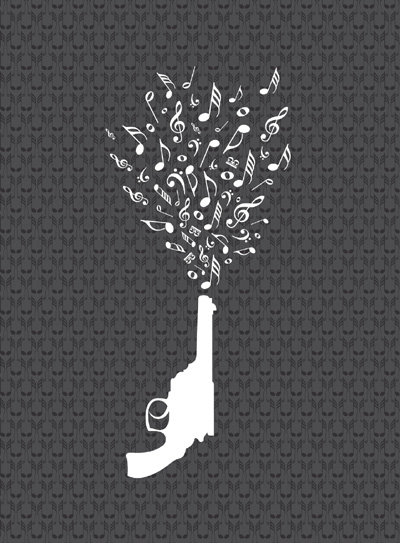
CH. 01
A TOUGH COP TURNED NASHVILLE MUSIC AGENT
To be the toughest female cop alive, you have to run three miles uphill, climb three hundred stairs, put the shot, climb ropes, bench-press, run a hundred-meter sprint, swim one hundred meters, and complete an obstacle course three football fields in lengtheight events in one day.
Jill Angel has done that. And won. In 1988 and 1992 she captured the state of California Toughest Cop Alive endurance competition for women and came in second in the worldwide event in 1989.
Dont be fooled by her five-foot-three, 120-pound physique. Shes tenaciousand strong. For twenty-two years, Angel, fifty-three, was a California Highway Patrol (CHP) officer, rising through the ranks from sergeant to assistant chief in Los Angeles, overseeing more than a thousand officers. It was a job she prized, and for a while, she was unstoppable. She witnessed the aftermath of countless horrendous traffic fatalities and was severely beaten by a drug-addled suspect. Afterward, as head of the CHPs Critical Incident Response Team, she passed out at a shooting scenepartly from exhaustion.
Next page

